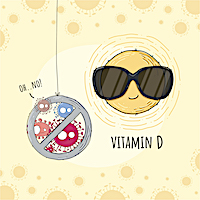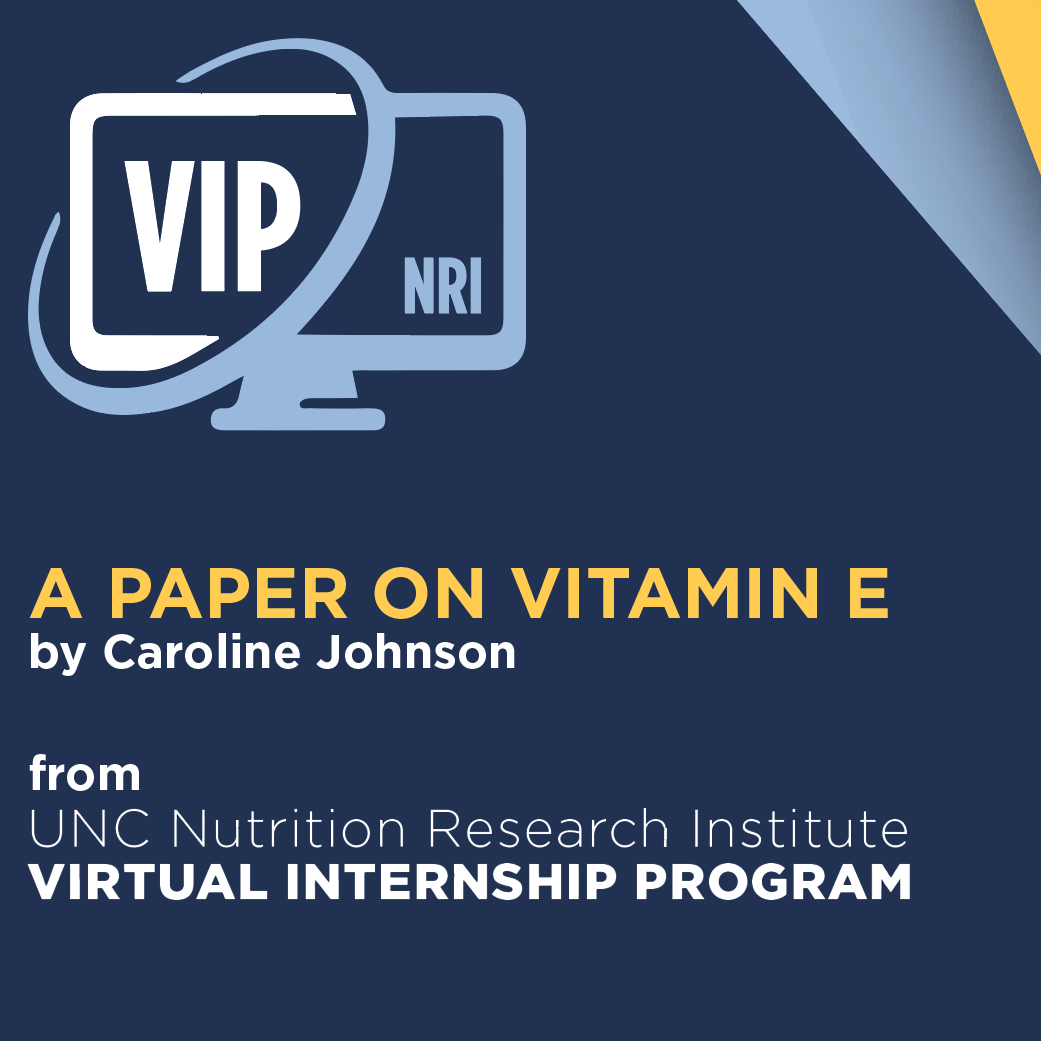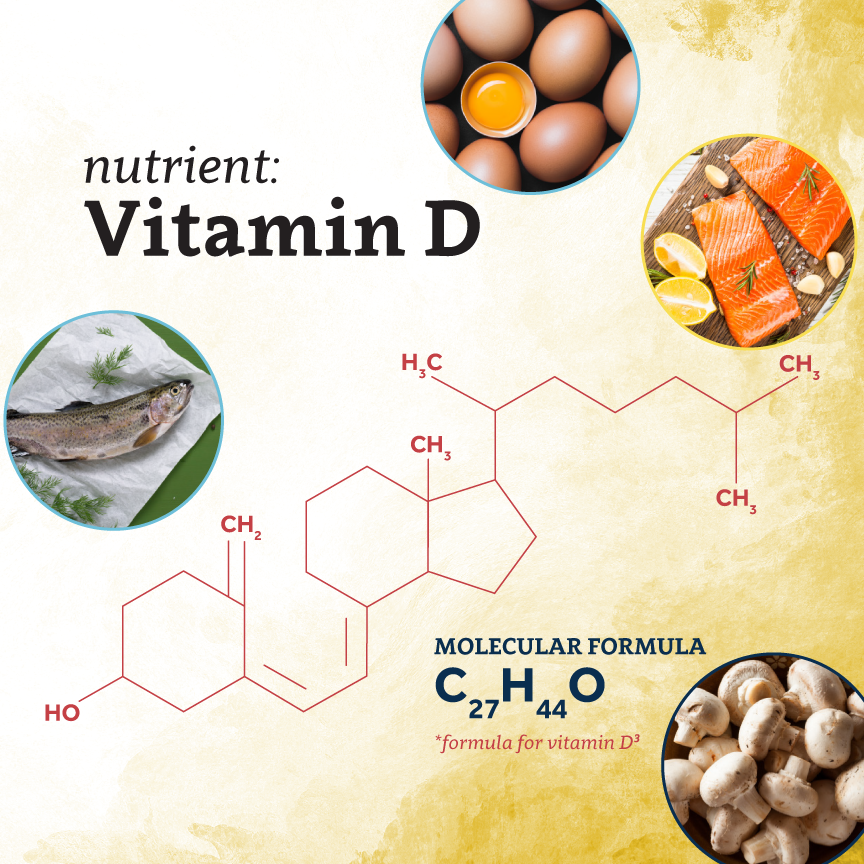

Avoidance of vitamin D deficiency to slow the COVID-19 pandemic.

Fighting Vitamin D Deficiency May Lower Risk of Contracting COVID-19 Especially among Common High-risk Groups
Vitamin D deficiency impedes good immune function and has been shown to contribute to the seasonal increase of viral respiratory infections, possibly including COVID-19. A combination of factors makes it likely that individuals are deficient in vitamin D: old age,...
A Paper on Vitamin E
by Caroline Johnson The NRI’s fourth annual Virtual Internship Program (VIP) concluded on July 20 with 21 high school students from around the country presenting their research on the nutrients of their choice. Caroline Johnson, a rising ninth grader at Pine Lake...
Nutrient: Vitamin D
Vitamin D is both a nutrient we eat and a hormone our bodies make when the skin is exposed to sunlight. It is a fat-soluble vitamin that has long been known to help the body absorb and retain calcium and phosphorus; both are critical for building bones. Also,...Maternal Vitamin D For Preventing Autism
July 27, 2017 – Vitamin D deficiency in pregnant moms is shown to negatively affect fetal growth and children’s health in the long run. Deficient gestational vitamin D status is surprisingly high both globally and in the US. One of the findings that draws attention is the role of vitamin D during pregnancy in children’s chances of developing Autism Spectrum Disorders (ASD). Vitamin D is acquired through sun exposure or food intake. The circulating form of vitamin D can travel through the fetal-placental barrier, thus, developing babies depend solely on their mothers for getting this beneficial nutrient.

Dr. Martin Kohlmeier sees what molecules mean for whole people
This article is a reprint from The Pivot. WHAT’S YOUR ROLE IN PUBLIC HEALTH? I am a professor of nutrition and principal investigator at the UNC Nutrition Research Institute in Kannapolis, North Carolina. CAN YOU DESCRIBE YOUR FOCUS AREA IN ONE SENTENCE? I work on...
AFL with a Twist @ Nutrition Notes
October 21, 2020 – Chef Megan Lambert, MS, RD, Senior Instructor in College of Culinary Arts at Johnson & Wales University, Charlotte, prepared Immunity Boosting Recipes while Sarah Hreyo of the UNC Nutrition Research Institute, shared nutrition information on each recipe. The nutrition notes from the October 21, 2020 Appetite For Life with a Twist online @ Johnson & Wales University program are available here for your better health!
